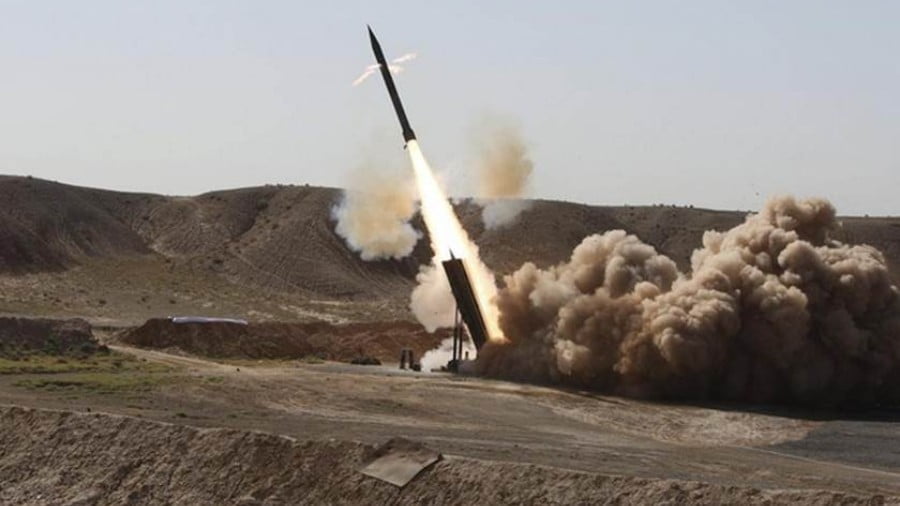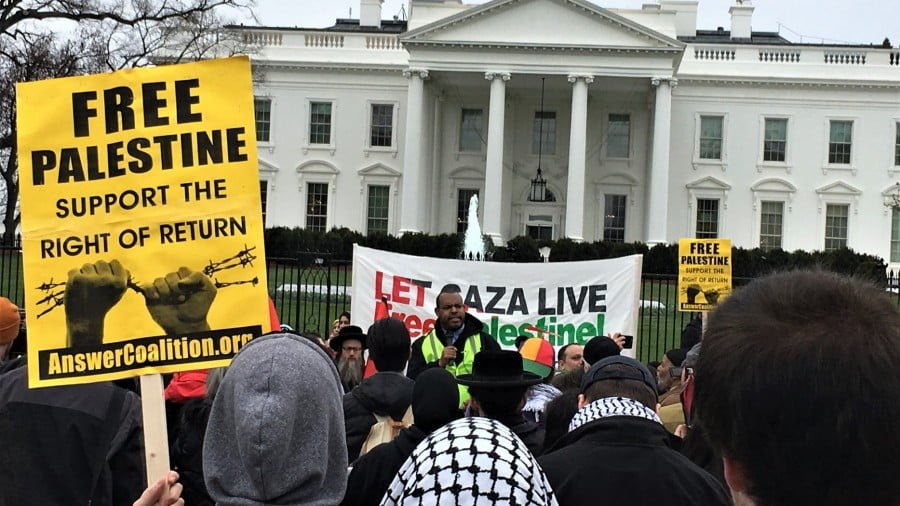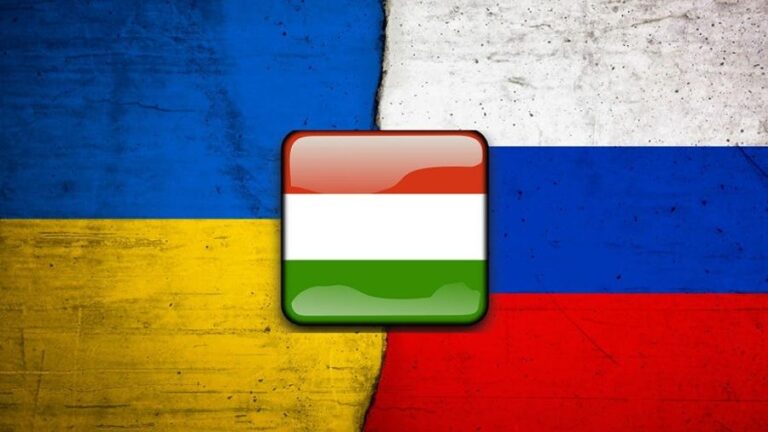Russia and America Find Common Ground Condemning Houthi Missile Strike
It’s exceptionally rare for Russia and the US to agree on just about anything at all nowadays, which makes it all the more remarkable that they’re on the exact same page in condemning the Houthi’s missile strike on Saudi Arabia.
The War on Yemen has been going on for over three years already, and while there’s possibly an end in sight, the conflict continues to rage on regardless because of a few factors, chiefly dealing with its two main participants’ “prestige” in not wanting to be the one who backs down first from this senseless war. It’s with this context in mind that the Houthis decided to launch Saleh-era missiles at Saudi Arabia in “commemorating” the third anniversary of the war, though this dramatic move ultimately had more of a symbolic significance than a military one and might inadvertently work against the group’s interests.
While it led to thunderous applause in the Alt-Media Community, this powerless category of passive observers literally have no say whatsoever in how the conflict develops, as the Great Powers that count surprisingly came together to issue almost identical statements condemning the Houthis. The US predictably took Saudi Arabia’s side, but it was all the more surprising for many people – especially those in the Alt-Media Community who had prematurely “popped the champagne” when they heard first about the missile strike – that Russia followed in suit too, though the facts are the facts and that’s precisely what happened.
In order for the reader to fully appreciate the significance of this unlikely event, the statements issued by State Department spokesperson Heather Nauertand the Russian Ministry of Foreign Affairs will be quoted below:
US:
“The United States strongly condemns the dangerous Houthi missile attacks aimed at several cities in Saudi Arabia Sunday night.”
“Moscow strongly condemns such indiscriminate missile strikes, which hit populated areas and their residents.”
It’s not just a coincidence that they’re phrased almost the exact same way, since both New Cold War rivals are competing with one another for Saudi Arabia’s loyalty, hence why they’d say almost the exact same thing in order to win its favor. For those who are unaware, Russia is engaged in a fast-moving and comprehensive rapprochement with Saudi Arabia that includes diplomatic, economic, energy, and also military dimensions, lately driven to a large degree by Moscow’s sharp rebuke of the Houthis after they assassinated former President Saleh. Post-Soviet Russia would never support a group that killed a former head of state in cold blood, and that slaying only brought Moscow and Riyadh closer.
Another example of unwitting blowback from the Houthis’ missile attack on Riyadh yesterday is that video footage has since emerged proving the ineffectiveness of the American Patriot anti-missile system. Russia couldn’t have asked for a better advertisement of its S-400 defensive weaponry that it plans to sell to Saudi Arabia at a better time than now when considering that the Pentagon has been aggressively pushing its lower-quality counterpart on the Kingdom during Crown Prince Mohammed Bin Salman’s recent visit to America. By the “good luck” that only such random events can bring, the Houthis’ missile strike might do more to accelerate the Russian-Saudi military partnership than anything else conceivably could have at this time.
It must be stressed that the US and Russia have completely different end games in mind as to why they both decided to condemn the Houthis, with Washington wanting to promote an implicitly anti-Iranian agenda while Moscow seeks to sway Riyadh via its “military diplomacy” into becoming one of the leaders of a new Non-Aligned Movement (Neo-NAM). As chance would have it, these contradictory goals coincidentally overlap in such a way that the rivaling Great Powers were compelled to issue near-identical statements in response to yesterday’s surprise event, but no one should be under any naïve fake news assumptions in believing that they’re on the same page about anything else or are conspiring with one another against Iran.







